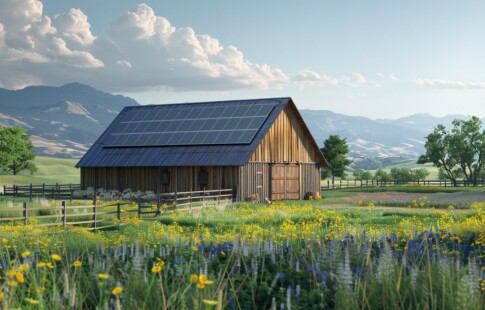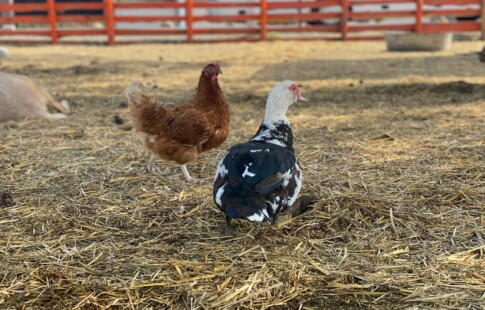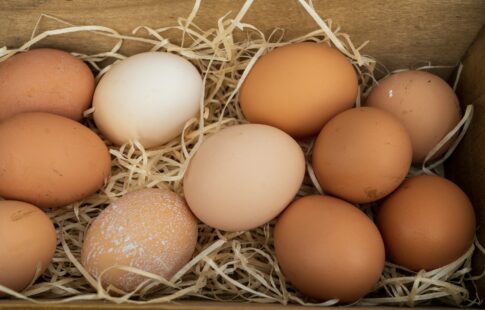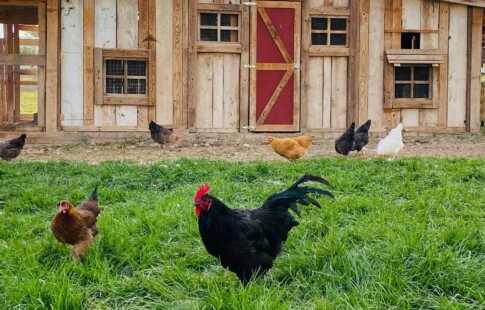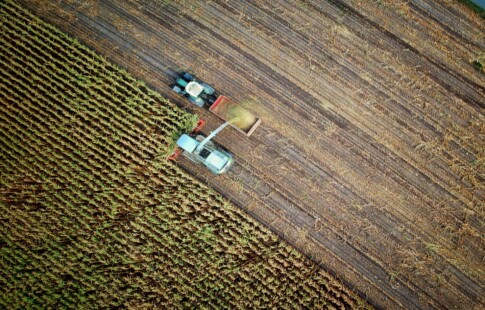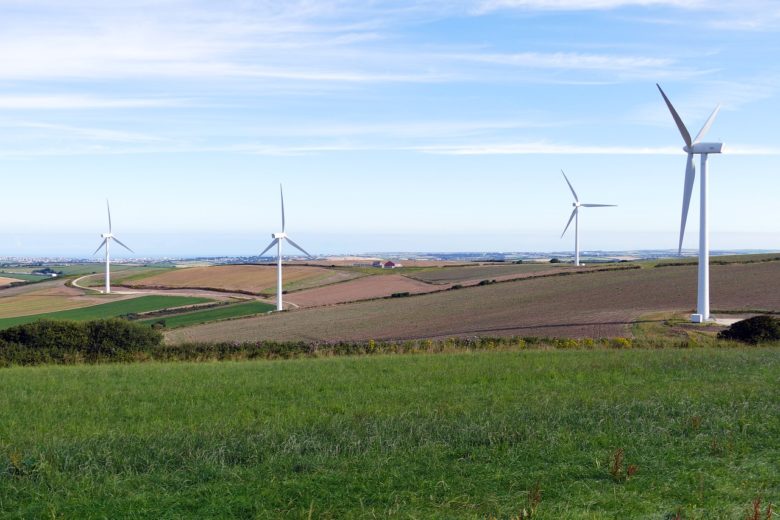
What Is Sustainable Farming and Can It Save Our World?
We are reader-supported. When you buy through links on our site, we may earn affiliate commission.
Sustainable farming seeks to preserve and improve the environment, ensure human health and grow food for the growing global population. There are many philosophies and methods contained within this practice, and it can be tricky to choose one definition. In general, sustainable agriculture looks to improve growing practices so that land does not degrade at the expense of crop cultivation. With the rising threat of climate change, sustainable farming is an essential consideration to save our world and strengthen our resilience in the future. Here are the advantages of sustainable farming.
Benefits of Sustainable Farming
Agriculture is a resource-intensive industry, often requiring large amounts of soil, water and infrastructure. A more holistic approach to crop cultivation may decrease input demands, making farms more resilient. Sustainable agriculture concerns itself with the environmental, social and economic effects of the food system. Each of these aspects of sustainability depends on the others to work together. From crop production to distribution, here are a few of the main advantages of sustainable farming.
1. Environmental
The environmental benefits of sustainable farming tend to be the most widely discussed. This aspect is especially relevant because agriculture is an extractive practice, drawing nutrients from the soil and leaving natural areas depleted and degraded. Sustainable farming, on the other hand, values working holistically, repairing soil to increase yields. One practice utilized by many farmers who engage in sustainable practices is cover cropping. Cover crops involve planting something, such as clover, during the off-season. This practice returns valuable nutrients to the soil.
Sustainable farming can range from old-fashioned horse-drawn plows to fancy agriculture technology. Some people see ag tech as too industrial, but in many ways, this innovation helps farmers conserve resources, save water and maximize crop yields. For example, agricultural technology has advanced the integration of renewable energy into productive farmland, enabling farmers to harness solar power while also saving money on utility bills.
2. Social
Sustainability can’t exist in a vacuum. If a practice benefits the environment, but not society or the economy, it cannot be inherently sustainable. The social implications for sustainable farming extend far beyond the field. These practices tend to focus on more equitable, diverse systems, including better treatment of farm laborers, a more conscientious distribution line and more food security for vulnerable populations. Farmers once accounted for 72% of the U.S workforce. Today, the average age of an American farmer is 57 years old. An essential element of sustainable farming is a growing connection between young people and agriculture as a career. Many young farmers today did not grow up with agricultural backgrounds, or even in a rural area. Sustainable farming also aids communication between rural and urban areas, healing the fracture between the two communities. For example, innovative farming techniques, such as hydroponics, allows people in urban areas to grow fresh food that’s not limited by land availability.
3. Economic
One of the primary criticisms of sustainable agriculture and its proponents is that it’s too expensive or operations can’t function on a large scale. However, many studies demonstrate that the current food system is inherently unstable. Modern American agriculture relies primarily on fossil fuels and requires large equipment to plant, harvest, process and distribute materials. From soybean to feedlot beef production, the energy needed to make the system operate is not viable in the long term. Sustainable farming, on the other hand, comes with several economic benefits. Since it focuses on a whole systems approach, farmers can operate with multiple income streams. While one farmer might have a herd of dairy cows as their primary source of income, they can also sell high-quality compost, qualify for solar panel incentives and save money on pest management by utilizing cover crops and riparian buffers. The economic benefits of sustainable farming expand beyond farm fields. Sustainable agriculture helps to rejuvenate local food systems, supporting local producers, distributors and businesses. By building a stable ecosystem and restoring biodiversity as part of operations, farmers can develop a system that benefits their land, families and communities.
Preparing for the Future
Whether or not sustainable farming can save the world remains to be seen. Surely, it won’t be the only factor. However, a transformation within our food system will likely be necessary to fight climate change. With the global population rising and unpredictable weather affecting growing seasons, sustainable farming will play a key role in how we farm. Sustainable farming is the future of agriculture. The benefits of this practice are numerous. How it may look in a few years is unknown, but paying attention to soil health, human health and economic stability will be essential factors of a more sustainable world.
Share on
Like what you read? Join other Environment.co readers!
Get the latest updates on our planet by subscribing to the Environment.co newsletter!
About the author
Jane Marsh
Starting from an early age, Jane Marsh loved all animals and became a budding environmentalist. Now, Jane works as the Editor-in-Chief of Environment.co where she covers topics related to climate policy, renewable energy, the food industry, and more.
